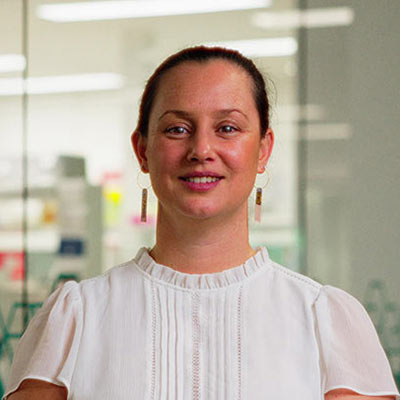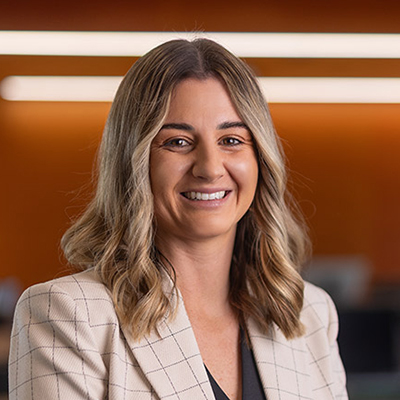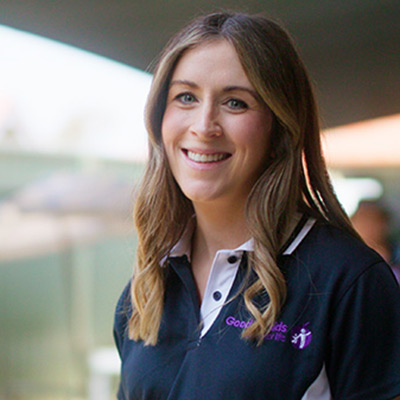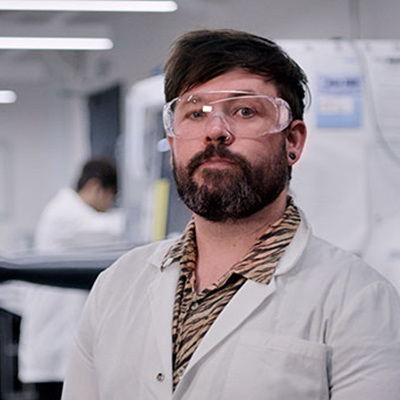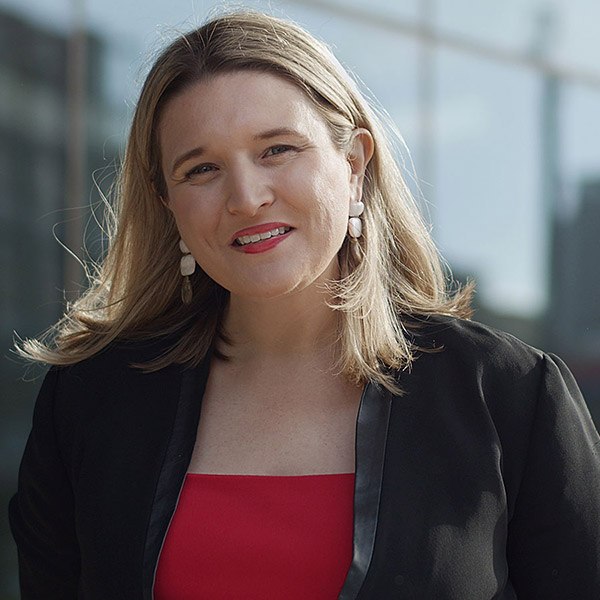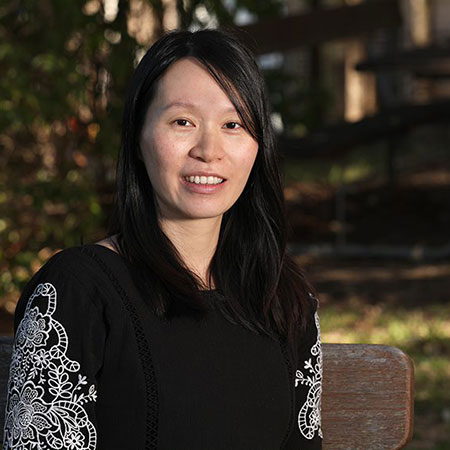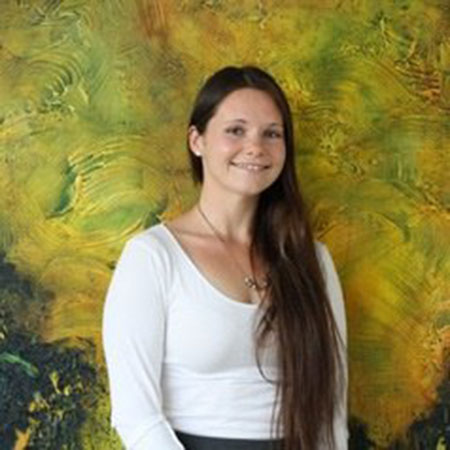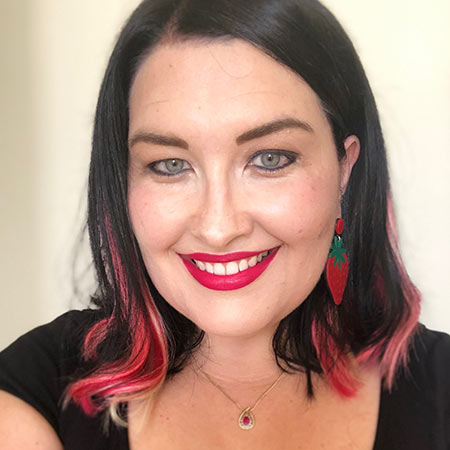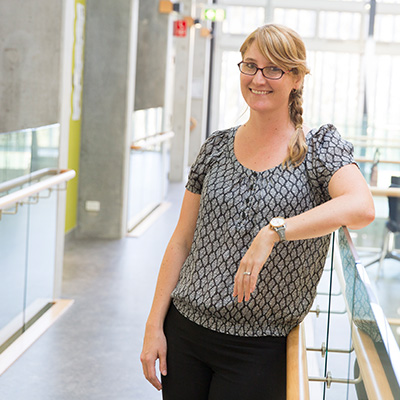Beryl Nashar Young Researcher Award
The Beryl Nashar Young Researcher Award recognises the emerging research accomplishments of early- and mid-career alumni researchers.
Past recipients achievements include impactful research across health, medicine, sport science and the environment.
Nominees must comply with the following selection criteria:
- Hold a minimum undergraduate Bachelor degree from the University of Newcastle
- Be aged 35 years or younger at the time of nomination
- Demonstrate outstanding achievement and/or contribution to any field of research.
2026 Alumni Excellence Awards
Nominations now open!
About Professor Beryl Nashar AO OBE
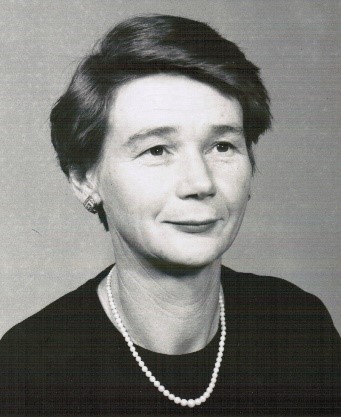 Professor Beryl Nashar AO, OBE was a pioneer of women in STEMM. Born in Maryville in 1923, the eldest of four children, Beryl was an outstanding school student. She completed her Leaving Certificate at Newcastle Girls High School, topping the state in biology, and went on to become the first in her family to go to university. She completed an honours science degree at the University of Sydney, winning the university medal and receiving a research scholarship.
Professor Beryl Nashar AO, OBE was a pioneer of women in STEMM. Born in Maryville in 1923, the eldest of four children, Beryl was an outstanding school student. She completed her Leaving Certificate at Newcastle Girls High School, topping the state in biology, and went on to become the first in her family to go to university. She completed an honours science degree at the University of Sydney, winning the university medal and receiving a research scholarship.
After one day in a teaching role at Hunter Girls High School, Beryl was offered a position at the University of Tasmania - which she accepted.
“Beryl went on to achieve more firsts in Australia: she was the first woman to be awarded a Rotary Foundation Fellowship, first woman to earn a PhD in geology from an Australian university and then, became the first female Dean at an Australian university – here at the University of Newcastle.”
Beryl published four books and 30 research papers. She was on the board of directors for the Royal Newcastle Hospital for 16 years, as well as the Faculty of Medicine and the Greater Newcastle Building Society. She was actively involved with the Federation of Business and Professional Women, holding the role of international president in 1974.
Previous award recipients
Dr Jessica Buck
Proud Kamilaroi woman, Dr Jessica Buck, has spent her career transforming cancer research for Aboriginal and Torres Strait Islander children. She now leads Australia’s first program of its kind, focusing on culturally safe, community-led research to improve outcomes for young First Nations patients and their families.
Dr Sarah Dineen-Griffin
Dr Sarah Dineen-Griffin’s journey from a young pharmacy assistant to a groundbreaking researcher has been anything but ordinary. A dedicated pharmacist and academic, Sarah's career showcases her determination to enhance healthcare in Australia.
Dr Alice Grady
Graduating from the University of Newcastle with a Bachelor of Psychology in 2009 and a Doctor of Philosophy in Behavioural Sciences in 2016, Dr Alice Grady is using implementation science and new technology to translate public health research into real-world benefits for the community.
Aaron Elbourne
Dr Aaron Elbourne is an early-career researcher who is widely recognised as a mentor and leader in his field. Only five years post-PhD, he has established his own research group, research direction, and reputation as a mentor for students and fellow Early Career Researchers.
Dr Li Kheng Chai
Dr Li Kheng Chai is a pioneer in the prevention and management of obesity in children and an active proponent for health equity for all Australians.
Dr Kcasey McLoughlin
Kcasey McLoughlin is a Senior Lecturer in Law at Newcastle Law School. Her research, broadly defined, concerns the extent to which law can be used as a tool for equality.
Dr Serene Yoong
Dr Serene Yoong is an award winning scientist who has developed an outstanding research track record and established a national and international reputation as an expert implementation scientist in the field of non-communicable disease prevention.
Dr Georgina Ramsay
Dr Georgina Ramsay’s work and research has had significant global impact and has emerged as a leading critical voice regarding current issues of displacement, humanitarianism, and the global refugee regime.
Dr Emma Beckett
Dr Emma Beckett is a National Health and Medical Research Council (NHMRC) Early Career Fellow at The University of Newcastle. Her research area is in the field of molecular nutrition focusing on gene-nutrient-environment interactions
Dr Jessica Allen
Dr Jessica Allen is a young researcher that is making headway in the critical field of clean energy. Her substantial research is already seeing recognition is the fields of low emission coal, renewable energy systems for biomass and solar thermals, and energy storage.
Dr Andrew Bivard
An Early Career Research Fellow at the Hunter Medical Research Institute, Dr Andrew Bivard’s work centres on acute ischemic stroke imaging, and patient selection for reperfusion therapies.
The University of Newcastle acknowledges the traditional custodians of the lands within our footprint areas: Awabakal, Darkinjung, Biripai, Worimi, Wonnarua, and Eora Nations. We also pay respect to the wisdom of our Elders past and present.

